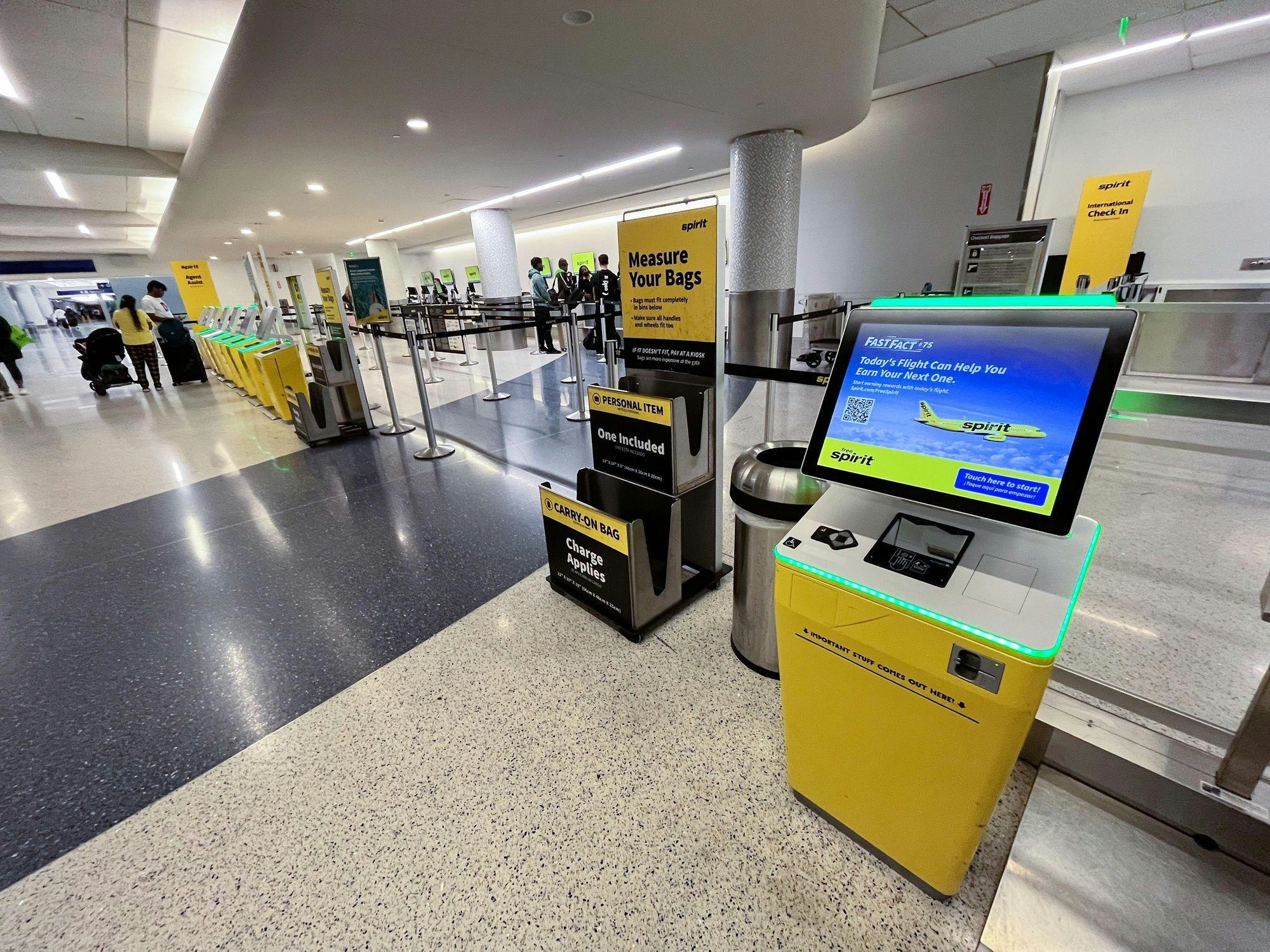AeroGenie — Ваш интеллектуальный второй пилот.
В тренде
Categories
Spirit Airlines Introduces AI-Powered Self-Service

Spirit Airlines Implements AI-Powered Self-Service to Address Operational Strains
In response to a surge in customer inquiries and operational disruptions exacerbated by the Covid-19 pandemic, Spirit Airlines has introduced artificial intelligence (AI)-powered self-service tools. The airline experienced unprecedented increases in contact volume, at times requiring twice its usual staffing levels, which rendered manual customer support unsustainable. Passengers faced extended wait times and limited autonomy over their travel arrangements, leading to widespread dissatisfaction.
Vanessa Hardy-Bowen, director of guest care and contact centers at Spirit Airlines, described the situation as “unsustainable” during a recent CX Network webinar. In light of these challenges, the airline’s leadership shifted its focus toward empowering customers to resolve issues independently, aiming to alleviate pressure on staff while enhancing the overall customer experience.
Strategic Deployment of AI Solutions
Spirit Airlines began its AI initiative by identifying repetitive, high-volume customer concerns suitable for automation. The airline’s team conducted detailed analyses of call drivers and developed proactive workflows supported by application programming interfaces (APIs) and comprehensive FAQ resources. This infrastructure enabled customers to self-serve routine requests such as flight credits, rebooking guidance, and common inquiries. More complex issues continued to be directed to human agents.
Hardy-Bowen emphasized the airline’s shift from a reactive to a proactive approach, stating, “We wanted to flip our approach from being reactive to proactive, anticipating what might potentially happen and capturing guest intent more accurately at the start of the digital or voice experience.” The success of this initiative has been measured through containment rates—indicating the proportion of issues resolved without escalation—and guest satisfaction scores to ensure that customer pain points are effectively addressed.
Balancing Internal Development and External Expertise
Faced with the decision to either develop AI solutions internally or collaborate with external vendors, Spirit Airlines adopted a hybrid approach. Hardy-Bowen described this process as “a dance” that required ongoing communication and flexibility. By combining the airline’s internal vision with vendor expertise, Spirit was able to accelerate deployment and enhance its technical capabilities.
Broader Operational and Market Challenges
Despite the progress made through AI-powered self-service, Spirit Airlines continues to confront significant operational and financial pressures. Non-fuel costs have increased by 70% since 2019, intensifying strain on the company’s profitability. Recent leadership changes and ongoing financial challenges have contributed to market skepticism regarding the airline’s long-term strategic direction and capacity for sustained innovation.
While competitors may adopt similar AI-driven self-service technologies to improve their customer experiences, Spirit’s distinct market position and persistent challenges could limit the impact of such competitive responses. Nonetheless, the airline’s investment in AI aligns with a wider industry trend toward automation and digital empowerment, as carriers strive to balance operational efficiency with enhanced customer satisfaction.

Emirates Unveils Cabin Design for New Boeing 777X

Eighteen Years On, the Airbus A380 Remains Central to a $34 Billion Airline

How a boom in luxury airline seats is slowing down jet deliveries

Navitaire Outage Attributed to Planned Maintenance

DigiYatra Debuts Outside Aviation at India AI Impact Summit

Vietnam Orders Strengthen Boeing’s Commercial Outlook

Airbus Signals Uncertainty Over Future A400M Orders

JobsOhio Awards $2 Million Grant to Hartzell Propeller for Innovation Center

Collins Aerospace Tests Sidekick Autonomy Software on YFQ-42A for U.S. Air Force CCA Program

How the Airbus A350-1000 Compares to the Boeing 777
